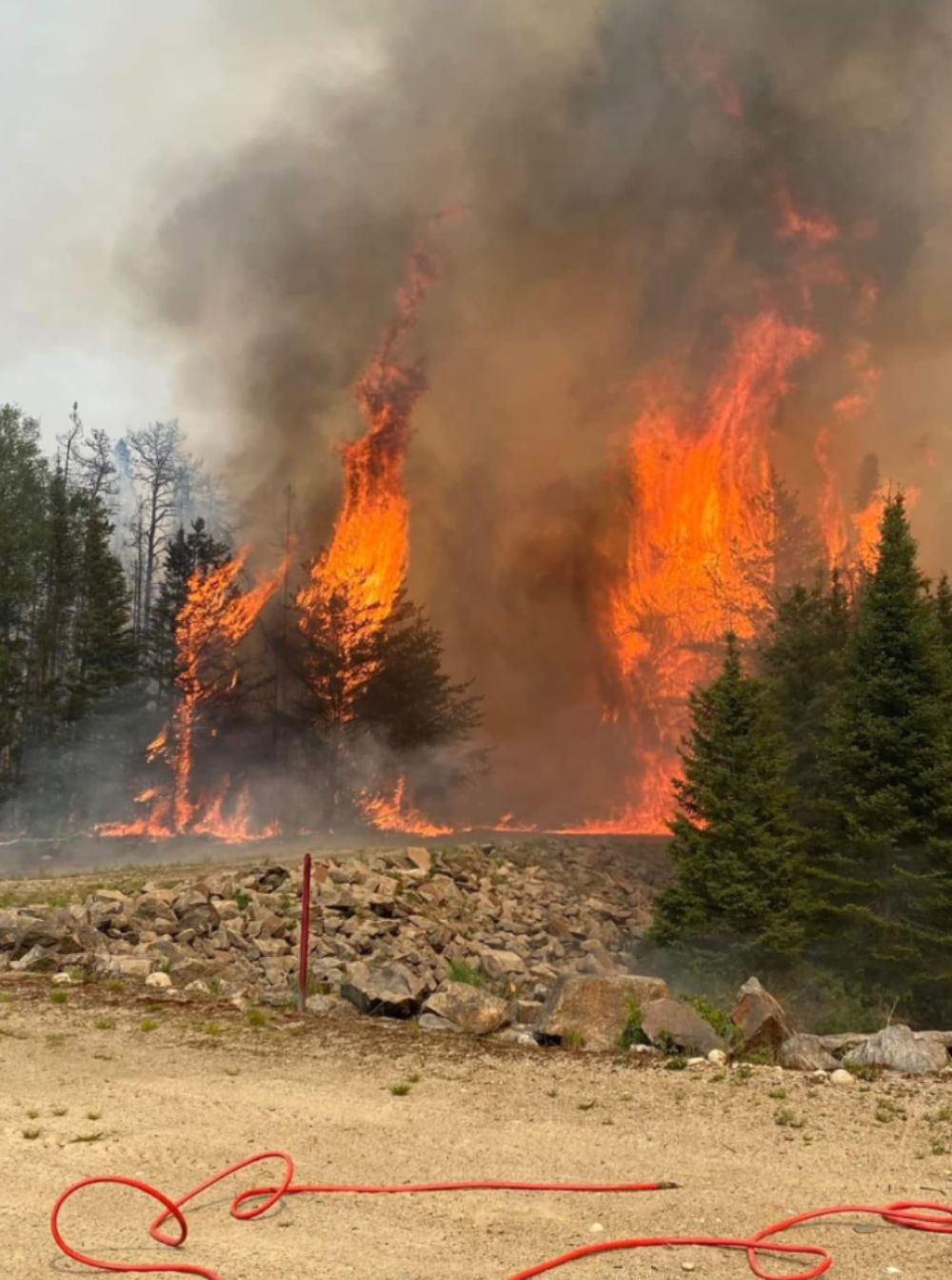An Underfunded SOPFEU Lacks the Response Capacity to Battle Québec’s Forest Fires
Québec does not have the unaided capacity to address the majority of the forest fires burning in the province, said Premier François Legault, Monday, raising concerns amongst citizens about underfunding and selective prioritization of certain areas.
The Société de Protection Des Forêts Contre le Feu (SOPFEU), Québec’s forest fire protection agency, said it is only able to respond to 20 to 30 forest fires at one time without external reinforcement of resources and manpower. They therefore must selectively triage the 160 total forest fires which have burned in Québec within the first week of June. Well over 30 forest fires are dangerously close to Québecois and Indigenous settlements, forcing communities living near fires beyond SOPFEU’s response ability to evacuate. 13, 500 people in Québec have had to evacuate due to uncontrolled forest fires as of Thursday, reported Legault.
“SOPFEU left us with nothing. They didn’t want to put [the fire] out. Good thing we had a garden hose,” said Charlie Papatie, a member of the Kitcisakik Anicinape Algonquin community who evacuated to Gatineau on Sunday.

Forest fire response teams are working at the brink of their capacity, which involves making selective decisions to maximize efficiency and safety. “We took charge of 35 fires today, compared to 21 yesterday. We chose specific fires to protect our critical infrastructures, but above all to protect our population," said Public Security Minister François Bonnardel on Sunday.
SOPFEU’s base budget of $45,818,684 CAD has not changed since it was reduced slightly in 2019. Their budget is just 5% (adjusting for conversion rates) of California’s newly introduced annual base budget for wildfire protection and response, and only 25% of Alberta’s 2022-2023 contingency base budget for wildfire protection and response. The base budget refers to what is allocated annually to wildfire protection and response regardless of the frequency or intensity of forest fires in a given year. Variable funds are added to the total budget when necessary.
Don Muloney, a retired firefighter captain living in the Gatineau Park, said that a variable influx of resources does not work. “You can’t all of a sudden say ‘I need these resources.’ If we’re at the bare bones funding-wise, then frankly we can’t do a lot about it when something happens,” said Muloney. What the Québec government deems as the bare minimum for forest fire fighting needs to change, he suggested. A new bare minimum may mean having the pre-existing “dedicated teams” and “resources available all the time.”
Ontario minister of natural resources and forestry, Graydon Smith, said to CBC on Thursday that a low base budget for wildfire protection and response (Ontario cut this funding by 67% in the last two years) is not as relevant as the funds his ministry allocates when necessary. No representative from Legault’s government has commented on their relatively low base budget for wildfire protection and response.
“The fire’s capacity is much greater than our response capacity,” said SOPFEU representative Remi Barriault. The province’s response capacity has been, and will continue to be bolstered by foreign firefighters from the US, Mexico, France, and Spain. Both the blazes and the battle continue.
0 Comments Add a Comment?